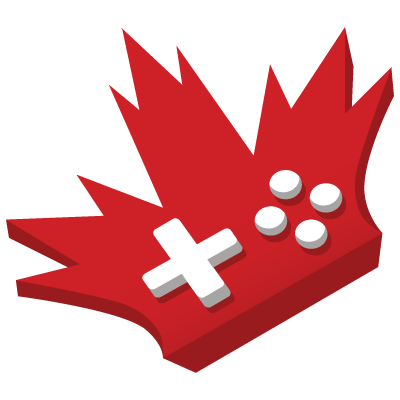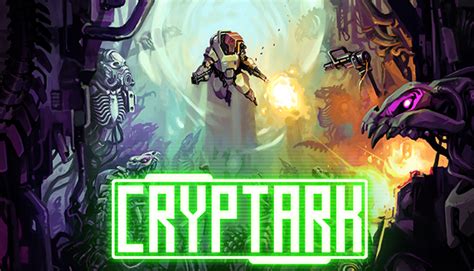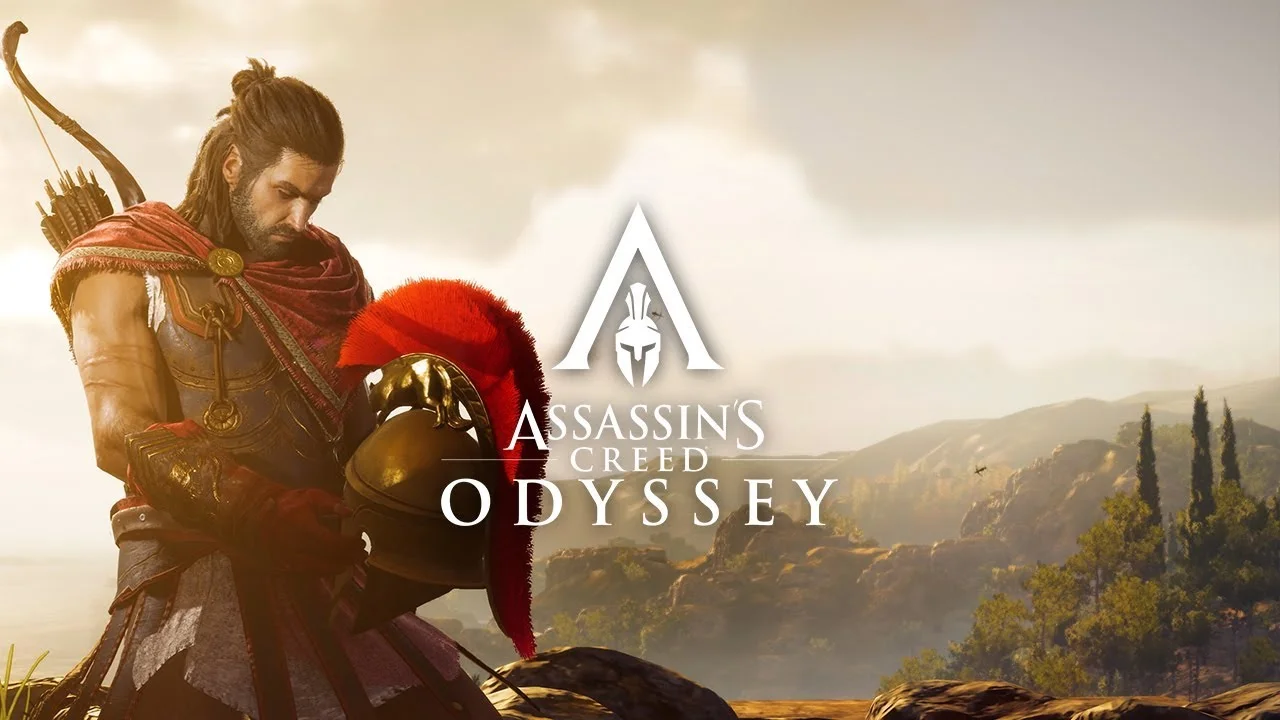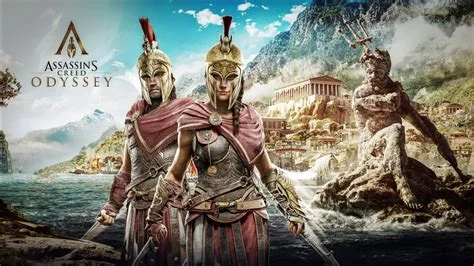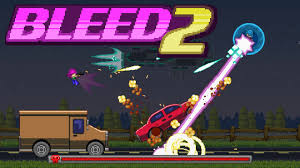Alex Golebiowski, Co-Founder of PixelNauts, was kind enough to take some time to talk to me about his history in the industry, starting PixelNauts with Chris Iacobucci, and what's in store for them. Check it out below!
TorontoGameDevs.com: Thanks for doing the interview Alex! Can you tell me a bit about yourself? Your background and past work? And maybe a bit of history of PixelNauts?
Alex: Hey, no problem! I graduated from Seneca college in 2004 and got my first games industry job in early 2005 at Silicon Knights. I was a huge fan of Eternal Darkness and had always wanted to work at SK so I was super excited to be hired as an environment artist to work on Too Human right out of school. I worked there for five years on various titles including a contract we did for Vigil on Darksiders (The best experience ever!) and X-Men: Destiny. I left SK in 2010 and started looking for work, my plans were too head over to Ubisoft Toronto like many of my other SK co-workers. Chris Iacobucci left the company around the same time and while we were both updating our portfolios we decided to give this indie thing a go. So in January of 2011 we moved into our offices at the Generator at One and started PixelNAUTS. We were a couple of artists with no programming experience and no money but a huge desire to make our own games. We decided to do what we do best and try to make some money helping others make their games look awesome. Shortly after we started PixelNAUTS we were contracted by Compulsion Games to work on an early prototype of Contrast.
TorontoGameDevs.com: Before Lost Orbit, you helped work with Compulsion Games with Contrast, a PS4 release game. How did that relationship come about and what was that experience like?
Alex: Our relationship with the guys at Compulsion Games started a long time ago. One of the heads at Compulsion Games was the former Director of Seneca's Gaming program when Chris took the course. We were luckily looking for work when they were looking for artists and our partnership was born. At first we helped out with an early prototype but soon were brought on full-time to create all the environment art for Contrast, the game looked amazing and there was no way we wanted to miss out on being a part of it. Compulsion games is located in Montreal so we had to work remotely, when we first started we flew down to meet the team and got to the know the project. The guys really liked the work we had done on the prototype so they let us take the lead of the environment art style and gave us a lot of freedom to create the levels how we saw fit. Over the months we worked with their design team to make our art fit with the shadow puzzles and lighting tech. It was a very intensive period of production for us, it was just Chris and Myself creating the art for an entire game, it was a lot of work but it let us flex our creative and technical muscles. Contrast shipped in November 2013 to mixed reviews from press but overwhelmingly positive response from gamers. We had a great time working with the Compulsion team and will always be honored to be a part of the special project that was Contrast.
TorontoGameDevs: What was the inspiration for Lost Orbit? How come you decided on releasing the game on PS4 and Steam?
Alex: LOST ORBIT started off as an idea for a name slate for PixelNAUTS, we wanted to do a little animation of an astronaut jumping off the text and flying out into space with a jetpack. We thought it would be a fun game to control a little astronaut out in space without a ship, fragile and on the brink of death at all times. The game started off as a simple concept, the player would orbit around planets and use their forces to propel themselves through levels. We made a simple prototype and started getting feedback and we realized people enjoyed flying between planets more than orbiting and carefully planning jumps. In the end people just wanted to go faster and enjoyed splatting on rocks, so we decided to follow the fun and pushed those aspects of the game. LOST ORBIT became more about speed and maneuvering and less about careful timing, we had to abandon much of what we thought the game was and follow what the game was becoming. That has become a big part of how we make games, we start with an idea, develop it and let the game lead us to making it better. Our initial intention for LOST ORBIT was to release it on Mobile platforms and Steam, but as the game became faster and required very tight and responsive controls, we decided to drop mobile and focus on Steam instead. After the release of Contrast on PS4 we saw an opportunity to follow suite with our own games. When we first started PixelNAUTS we never imagined being able to self publish our games on consoles, but with Sony's open acceptance and support of indie games it became a reality. Working on Contrast gave us the experience of working on consoles and the connections to make it happen. We added the PS4 into our production quite late and had to extend our development by many months but it was all worth while. Developing on PS4 was relatively easy and the support we received from Sony was amazing.
